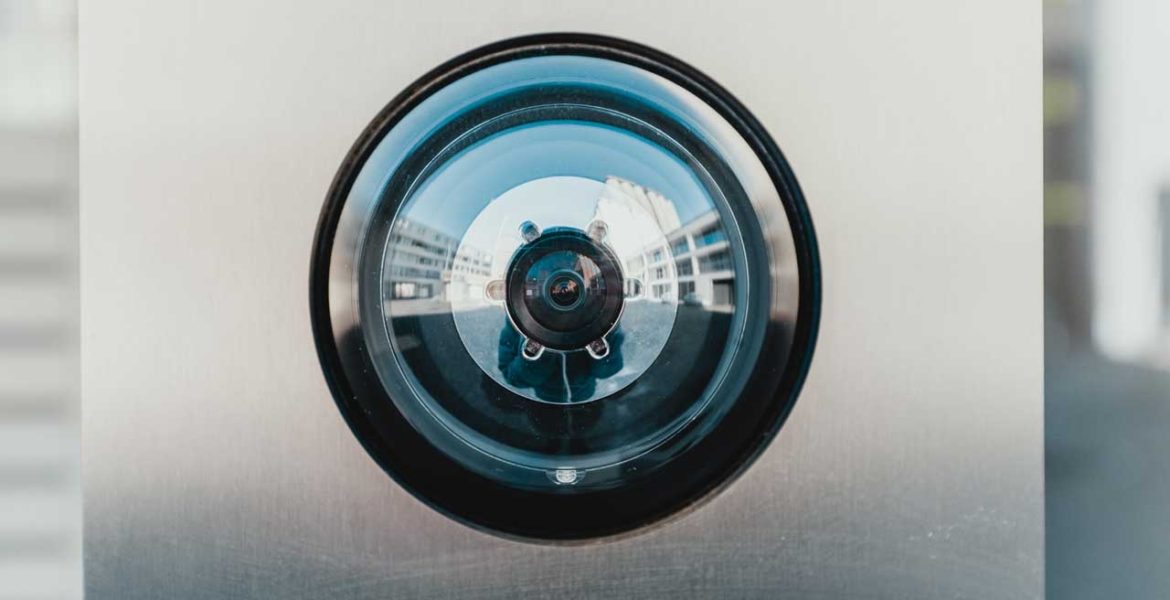When the W3C asked Google to delay its two-year plan to deprecate cookie-based tracking on Chrome, the response was not what they hoped for.
Regardless of your place in the ecosystem, the through-line that binds everyone will be adapting to a privacy-first, highly regulated environment. And while we can’t predict with exact precision when and how the new paradigm will emerge; communication and collaboration must be the twin pillars driving a concerted industry effort. In the way that better communication and collaboration will lead us on a more efficient and safer path out of the Covid-19 crisis, they will also allow us to arrive at a new privacy-first framework that is beneficial to all, most importantly, to users.
Communicate Better with the Consumer
The death sentence for programmatic cookie-based tracking resulted in no small part by our industry’s failure to better educate consumers on the value exchange that powers digital advertising. In order to get more relevant and engaging content that enriches online experience, consumers must be willing to sacrifice a certain level of privacy. It’s a concise and reasonable equation that the average consumer would probably have embraced if the industry had created a consistent cadence of that messaging over the years.
But instead, we ceded the white space to grassroots activists who dominated the conversation with a tone and argument that whipped up consumer outrage. During the period of activism that culminated in the General Data Protection Regulation (GDPR) in Europe, our industry didn’t actively rebut the activists.
Making consumers partners in the creation of this new framework could actually spark the comeback of some form of third-party data at scale. Sincere and sensitive communication can win back consumer trust, inspiring a surge in opt-ins to share data. While, first-party data definitely will be central to the new oil of digital advertising, there is no reason why third-party data in some form couldn’t become relevant again.
Nowadays, consumers demand empowerment and the regulatory establishment is abiding. The era of tricking consumers regarding data privacy is thankfully drawing to a close. Brands will have to truly consider advertising as an ongoing dialogue rather than a series of interruptions. The humility of that approach could at some point create the credibility for us to ask consumers for their data again. This will improve engagement and ultimately lifetime value of each consumer.
Consumers are flexible and reasonable as long as you communicate honestly. Increased location tracking is being currently discussed as a means of coronavirus contract tracing, and the early word is that consumers seem amenable because the value exchange is clear and, in this case, potentially lifesaving. Creating this new dynamic now also lays the groundwork for consumer appreciation for the value exchange of ad-supported content post-Covid 19.
Collaboration Will Create the New Blueprint
It is not Pollyannaish to insist that different industry factions —often at odds—need to come together. So far, Google and the IAB have launched initiatives, the Privacy Sandbox and Rearc, respectively. And in an industry, where sometimes competitive pressure and suspicion can get in the way, we truly have an opportunity—some might argue an imperative—to collaborate at an unprecedented level. Trying to go it alone to drive up market share doesn’t seem viable.
That means bringing every stakeholder—brands, agencies, tech and data providers and publishers—into the process at this early stage to truly build a better engine. This will ensure a more balanced and flexible result that works for everybody and not just a few. Holistic collaboration should also ensure that lawyers and public policy people within organizations and consortiums have seats at the tables, ones typically dominated by engineers, C-suite execs and entrepreneurs. Lawyers particularly are equipped to ensure privacy happens at the design stage, thereby avoiding costly mistakes later. With the cookie, there was a common standard, but now that we’re thrown into a more fragmented state of chaos with multiple ID-tracking initiatives, the team that practices true collaboration will win.
For anyone who is not a senior citizen and didn’t live through World War II, we are moving through the most challenging period of our lives thus far. The fog, created by a global pandemic that took the entire planet by surprise, seems difficult to see through but if we maintain our poise and cultivate deeper forms of communication and collaboration, we will see ourselves through this crisis and into more promising times. Together.

